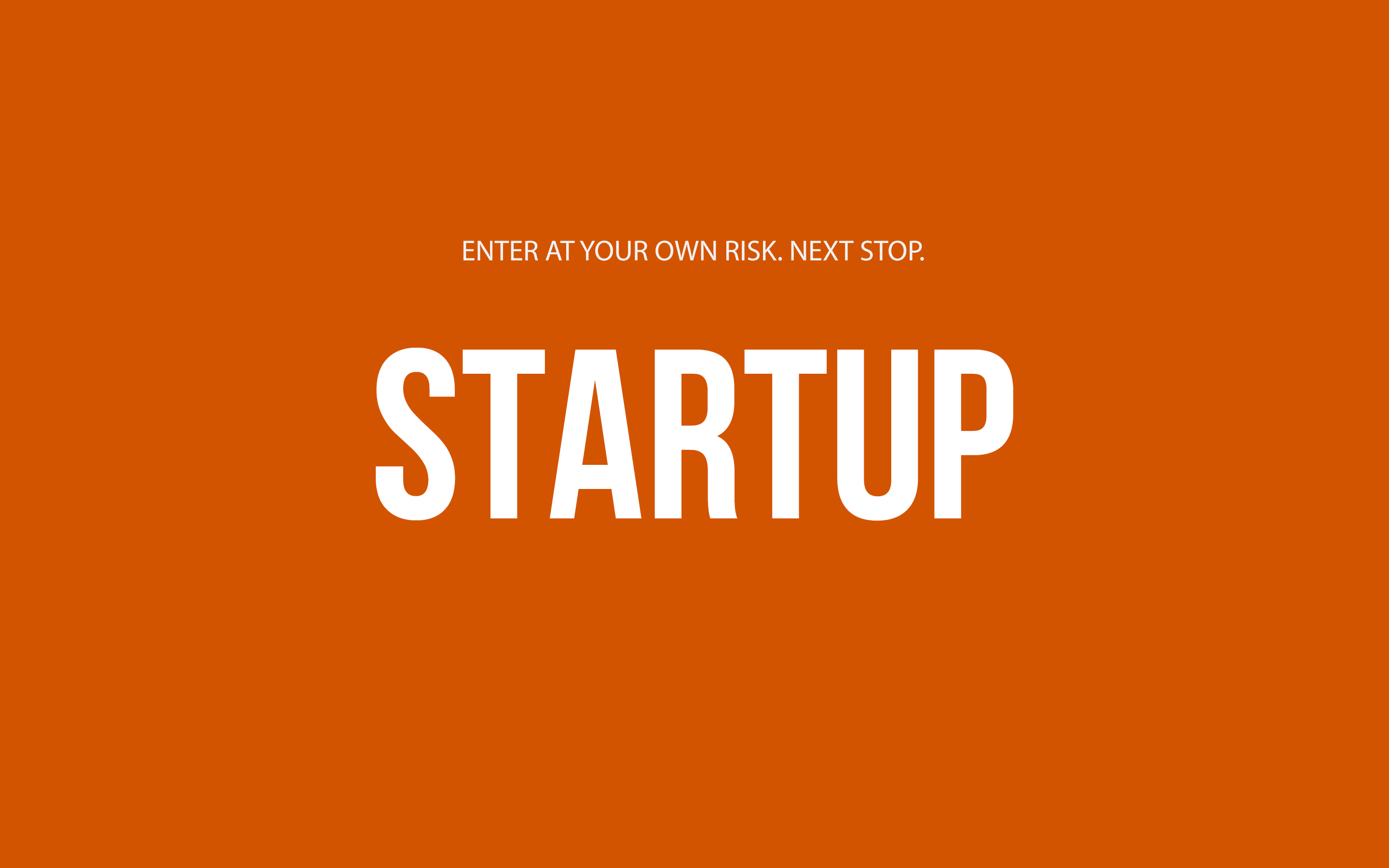Franchising, retail, business

19/05/2016
Silicon Valley has more than 23,000 start-ups, at least according to the networking site AngelList. It certainly feels that way when you’re in Palo Alto. But it turns out that this place is the exception to a worrying trend.
It is by now well documented that start-up activity has been slowing down in the United States for about three decades, dropping sharply over the past 10 years. Even as American culture has turned entrepreneurs into rock stars, the U.S. economy is producing fewer and fewer of them.
Start-ups have been central to America’s economic health. A study published in December by the National Bureau of Economic Research points out that during the 1980s and 1990s, when entrepreneurial activity was high, new companies played an outsize role in boosting innovation, productivity and job creation.
There are many different ways to measure the growth and success of start-ups, but they all point to a similar conclusion. The Kauffman Foundation reports that the percentage of adults owning a business has been declining since the 1990s, when the foundation first began to track that number. At the Brookings Institution, Ian Hathaway and Robert Litan found that the start-up rate (the number of new companies as a percentage of all firms) has fallen by nearly half since 1978.
Why is this happening? No one is quite sure. Some are quick to blame big government. There is something to this critique, but the story is complicated. If high taxes discourage would-be entrepreneurs, then how to explain the burst of start-ups in the 1970s and early 1980s, when tax rates were sky-high? The United States in that period had a host of highly regulated industries, economic stagflation, social and political turmoil, and geopolitical anxieties. And yet it produced Silicon Valley. Even today, California ranks toward the top of the country in terms of taxes and regulation, yet it is also home to some of the most vibrant entrepreneurial activity in the world, in sectors as diverse as high tech, entertainment and energy.
But ever-multiplying regulation does hamper business activity. The Economist magazine argues that the U.S. economy has grown less competitive in the past 20 years. After a wave of deregulation in the 1980s, red tape has proliferated, licensing requirements have expanded and legal costs have risen dramatically. Large, entrenched firms — armed with lawyers and lobbyists — are able to navigate this regulatory landscape better than new ones. “The game may indeed be rigged,” it concludes. Brookings’ research shows that established firms, age 16 years or more, have gained large shares of the market and workers. The authors note that “it has become increasingly advantageous to be an incumbent, particularly an entrenched one, and less advantageous to be a new entrant.”
But a less-noted factor that might be crucial is generational. Baby boomers have proved to be great entrepreneurs, launching companies when they were young and keeping at it as they aged. Succeeding generations have been much less likely to found their own firms. Leigh Buchanan, citing Kauffman data, has explained that the percentage of start-ups launched by people in their 20s and 30s fell from 35 percent in 1996 to 18 percent in 2014. Meanwhile, the share founded by people in their 50s and 60s has actually increased over the past decade.
Young people today dress like Silicon Valley entrepreneurs, consume technology voraciously and talk about disruptive innovation. But they want to work at Goldman Sachs, McKinsey and Google. They are earnest, intelligent, accomplished — and risk-averse.
Is this caution born out of years of stagnant incomes, the financial crisis and a sluggish economy? Maybe, but I think there is something broader at work. Baby boomers were shaped by the 1960s and its counterculture. They were told to “tune in” to their passions and “drop out” of the old establishment. They were rebellious about everything — politics, parental authority, old-fashioned morality and big institutions. Their willingness to strike out on their own was not a pose to get venture capital funding. It was an expression of their passion.
Out of that bohemian world came the informal start-up culture that has now gone mainstream. Steve Jobs once explained that using LSD was “one of the two or three most important things” he ever did. When describing his intellectual influences, he pointed to the beatnik bible, “The Whole Earth Catalog.” Its founder, Stewart Brand, argued in an essay that we owe to the hippies the leaderless, individualistic and decentralizing revolution of personal computers and the Internet.
Of course, the counterculture’s assault on the establishment and traditional values caused enormous political and social upheavals. There was an erosion of law and order, trust in government, family structure and deference to authority. So, the question is, can we get disruption, but of a kind that is not, well, too disruptive?
Fonte:https://www.washingtonpost.com/opinions/why-is-the-number-of-us-start-ups-falling/2016/05/19/53fe8e04-1ded-11e6-9c81-4be1c14fb8c8_story.html?utm_content=buffer138d8&utm_medium=social&utm_source=linkedin.com&utm_campaign=buffer